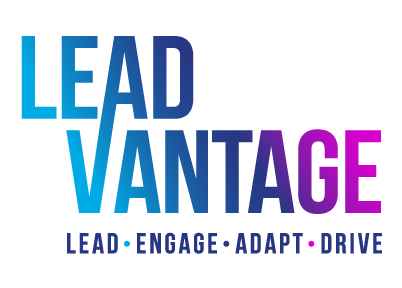The Leadership Playbook: Rule #2 – Know your audience.
As we continue our series based on the Netflix series “The Playbook: A Coach’s Rules for Life,” highlighting lessons learned from some of the world’s most admired coaches, today’s leadership playbook rule is:
Rule #2: Know your audience.
Like it was yesterday, I remember my first day transitioning into a new role as a Human Resources Manager, leading a Human Resources team and department geographically dispersed across Canada. I felt the pressure, embraced it, and ran towards it. It was no easy feat, but well worth the challenges and journey. Many of the lessons learned have stuck with me today.
I quickly realized that in order to successfully lead the team and our HR department, I had to get to know the team – really understand them, what drives them, what their passions and ambitions are. This was two-fold:
1. To build trust.
2. To tap into the talents, gifts, and capabilities within the team.
During my first few weeks, I understood the importance of investing the time to meet one-on-one with each team member. This exercise was a win-win: win for me to learn more from and about my team, and a win for my team members who had a platform to share their ideas, challenges, solutions to re-shape our department. At the onset, they knew that they mattered. The effort and time put into these meetings showed them that they were respected, appreciated, and valued as members of the department and the company as a whole.
These meetings encouraged me to put my heart on the line, lead with authenticity and really demonstrate that the individual talents of the team brought together was our new way forward. The meetings were frequent and involved real and robust dialogue. It was important to structure and execute these meetings well. Afterall, the goal was to boost team performance, morale, and engagement.
-
A recurring meeting was set weekly.
-
The first meeting involved a casual conversation, engaging in real dialogue to get to know one another.
-
Subsequent meetings required that both the team member and I came to the meeting prepared with questions and a clearer picture of their strengths, opportunities for development, and aspirations.
-
Team members were held accountable for setting their goals and seeing them through to the finish line. I was accountable to make sure they got there!
During these one-on-ones I learned many valuable lessons:
1. It was important to develop individual talent profiles, capturing each team members’ strengths and opportunities for development. Each member of the team built detailed plans outlining their goals in alignment with the organizations’ goals and their individual passions. This allowed every member of the team to get their mojo back – being passionate about their work and in turn producing GREAT work.
2. It was time to reconfigure the team’s functions, roles, and responsibilities to align with individual strengths, passions, and goals.
3. It was imperative that these one-on-ones continued to allow for a continual platform to provide, and equally important, solicit feedback from each team member. By asking these questions, they knew that they were an integral component to the success of our team, not just at the annual review meeting, but throughout the year.
-
What’s working?
-
What’s not working?
-
What are your solutions?
-
What do you need from me or the team?
As leaders, it is about more than managing a team or project, but rather developing and sustaining high-performing teams, championing change and enabling people to actualize their potential. This is only possible when you know your audience and each and every member of your team.
For more information on everything leadership, visit our other Lead Vantage blogs: https://www.leadvantage.ca/blog




